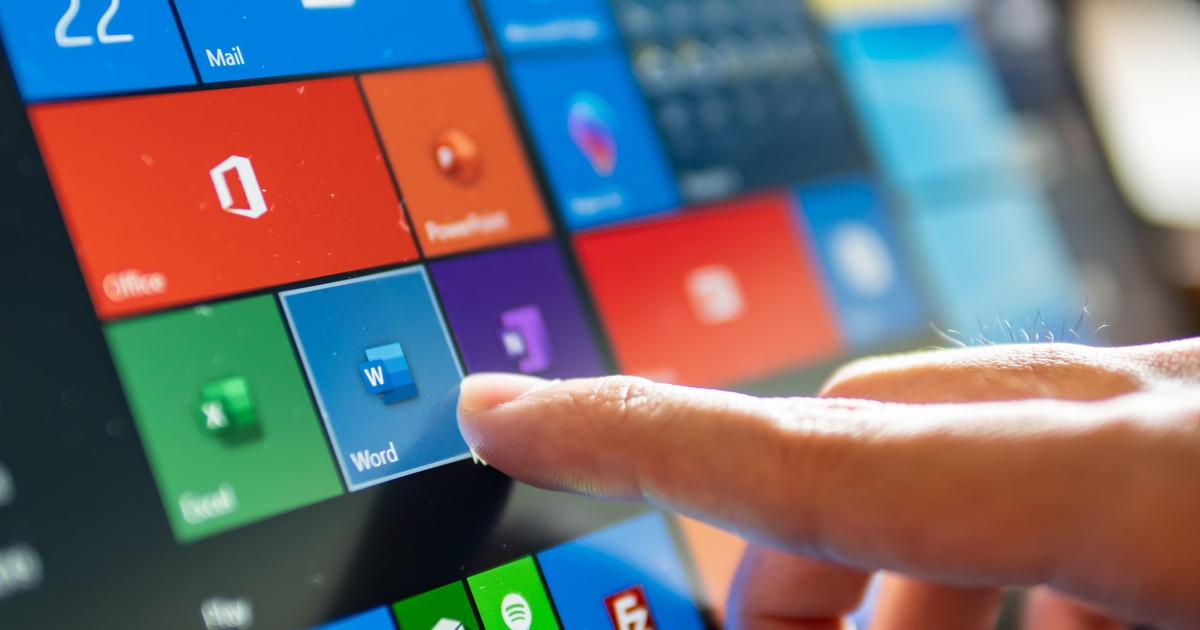CISA has issued an emergency directive in response to Midnight Blizzard, or Cozy Bear, a Russian threat actor targeting Microsoft email accounts. The group is extracting information to access Microsoft customer systems. Strict security measures, including strong passwords and multi-factor authentication, are strongly recommended by CISA for all organizations (Microsoft included).
Yeah, this story isn’t over yet. It has all the hallmarks of drip feeding bad news.
- First it was a legacy system.
- Then it was internal Microsoft corporate email.
- Then it was source code repositories.
- Then it was emails between Microsoft and Government agencies
- Now it’s password credentials sent by Microsoft to those same agencies.
What’s unclear is the source of those credentials emails. Are they from employees at Microsoft sending credentials to clients, or is it automatically generated password reset emails that were exfiltrated?
They’ve apparently known about this since early January, but it appears that the infiltration has been ongoing since November. It’s still happening today.
That’s nearly SIX MONTHS of access to internal Microsoft systems.
Just spit balling, but here’s a question that nobody is asking:
How do you know when they’re no longer in your system?
Here’s another:
How do you know that nothing extra was left behind?
Or this one:
Why should anyone ever trust Microsoft ever again?
Or:
What guarantees can Microsoft ever make from here on out?
For your last two questions, the counterpoint is, if even Microsoft can’t stop a dedicated nation state, how can any other major service provider say they haven’t been compromised?
The standard now is, assume breach. While unfortunate, the industry average for MTTD is in months. Microsoft was at least good enough to detect it within six.
Can Broadcom or Palo Alto say the same? Amazon, Google, Apple, Cisco?
It’s why I think it’s a shame the zero-trust is kinda a buzzword. this is exactly the type of situation where an actual zero trust architecture would be extremely useful.
I think that zero trust is not enough.
I think that you need to assume that you are going to be compromised and put processes and procedures in place before that happens to ensure business continuity.
im approaching zero trust as assume everything is compromised until you verify it is not
Maybe cyber resilience? Quick identify, respond and recover from an incident.




